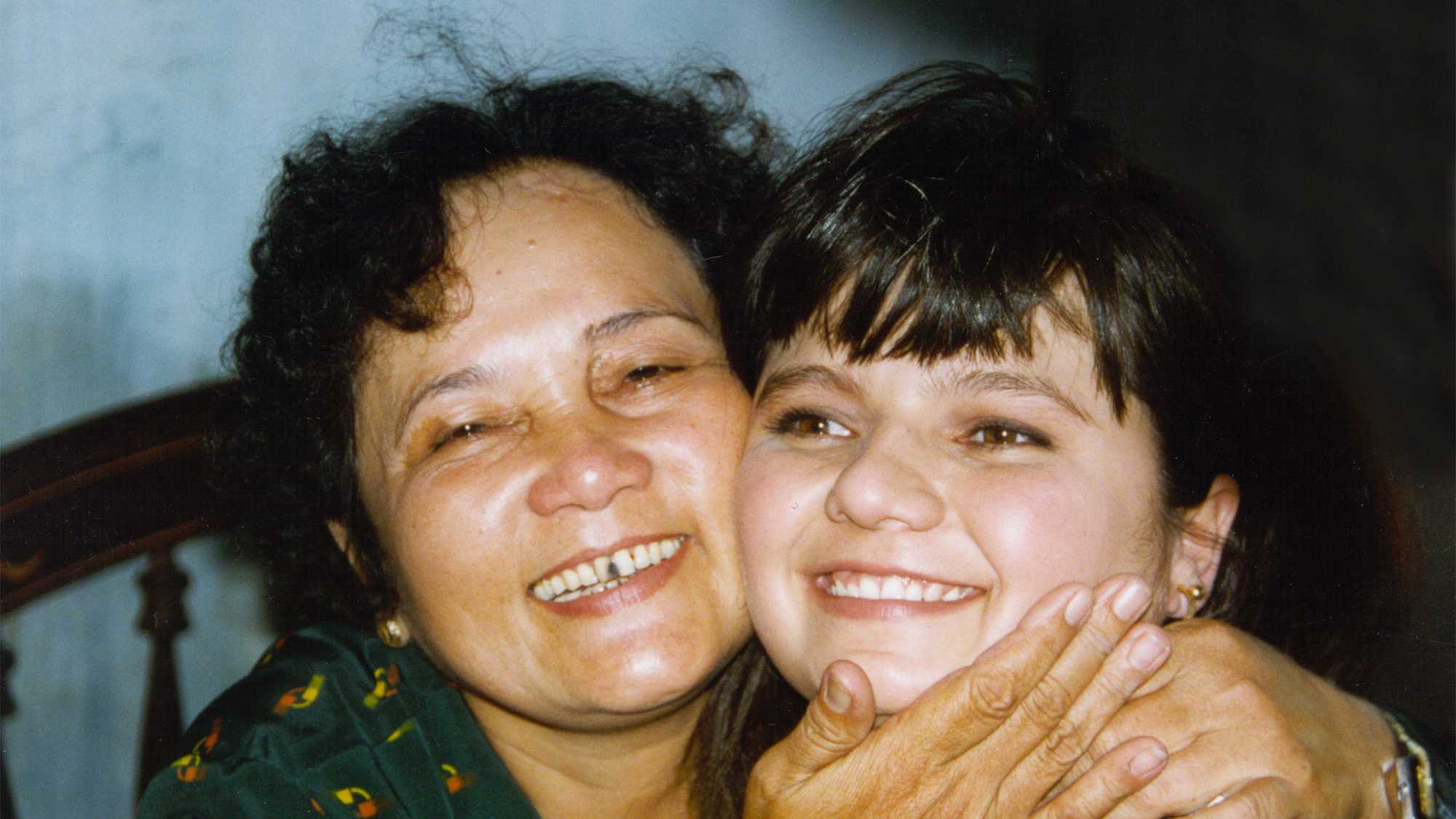
Screened as part of NZIFF 2002
Daughter from Danang 2002
"Mining the libraries of the major networks, Bay Area filmmakers Gail Dolgin and Vicente Franco came up with the goods, evidence of American imperialistic hubris at work, through footage of ‘Operation Babylift’, Gerald Ford’s 1975 PR move to put a happy face on the sinister end of the Vietnam War. Orphaned Vietnamese children were supposedly being ‘rescued’ by this effort, but many of the children weren’t orphans – their parents had been coerced into sending them away. Dolgin and Franco’s surprising doc intercuts old newscasts with the present-time story of one of those children – Heidi Bub, now a fully assimilated American living in the South with her military husband - going on a trip to reunite with her birth mom. The trip across cultures and through time turns out to be studded with land mines, leaving viewers knee-deep in emotional wreckage." — Susan Gerhard, San Francisco Bay Guardian
"Great documentary filmmaking clearly owes as much to life’s uncontrollable narrative as to any stylistic considerations… How to identify all the forces at work here? The illegitimate offspring of a Vietnamese mother and an American GI stationed in Danang during the war, young Mai Thi Hiep narrowly avoids falling prey to the Viet Cong’s abuse of mixed-race children. Her unlikely savior: Gerald Ford and his politically convenient Operation Babylift, which enables her adoption at age seven by an emotionally distant woman living in the small-town Tennessee birthplace of the Ku Klux Klan.
After more than two decades of passing for white (at the insistence of her adoptive mom, who eventually disowns her), the fully assimilated Heidi Bub, as she’s now known, decides to trace her roots. But, in the American way, she draws the line at providing financial support for her long-lost relatives in Danang. ‘I didn’t come here to be anybody’s salvation,’ says Heidi after her poor half-sister asks for money. ‘I came here to be reunited.’ The film’s stark scenes of familial discord – the result of a cultural gulf as vast as the ocean – would be harrowing enough as pure soap opera… But once we recognize Daughter from Danang as the story in microcosm of the war’s endurance, with the communal interests of a peasant population still locked in combat with American self-interest more than 25 years after the fall of Saigon, the film becomes positively devastating." — Rob Nelson, City Pages